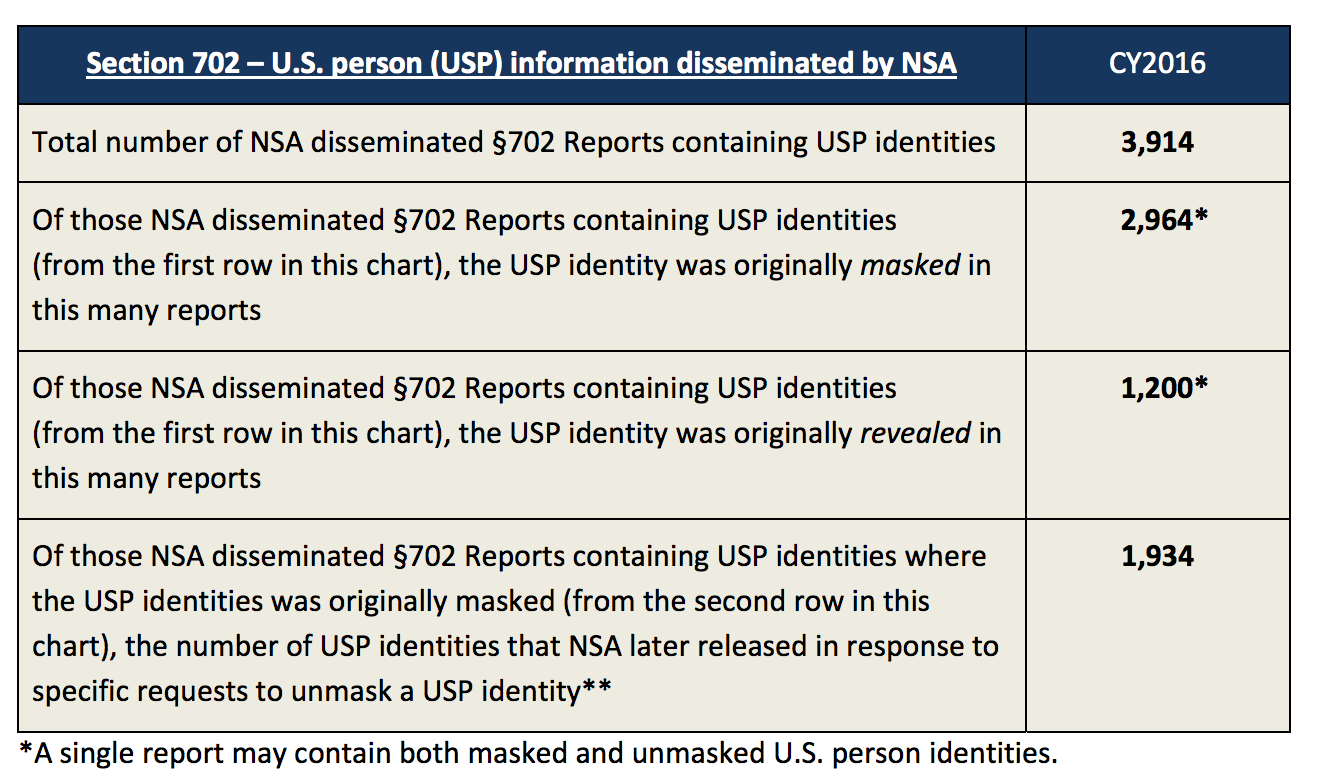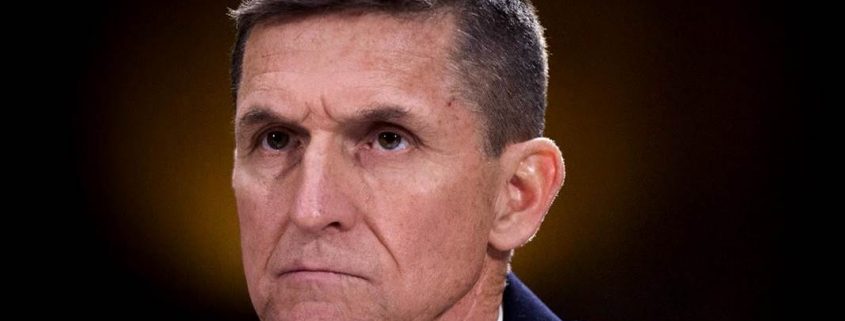The Silent Cast of Characters in the Very Noisy Recent Mueller Moves
A fuck-ton has happened in the Mueller investigation already this month. Amid the noisy pleas and indictments, we’ve seen indications of hidden cooperation from a range of people, cooperation that may point to where Mueller’s next steps are.
Here, arranged by the date of the development, are hints at who either was or soon is likely to be talking to Mueller’s team.
February 1: In a proffer to Mueller’s team, Rick Gates lied about a March 19, 2013 meeting with Paul Manafort, Vin Weber, and Dana Rohrabacher.
Rohrabacher’s statement in response to the guilty plea is inconsistent with the version laid out in the plea, suggesting he’s not the means by which Mueller’s team learned it was a lie.
After the guilty plea on Friday, a spokesman for Rohrabacher, who has sought better relations with Russia, said: “As the congressman has acknowledged before, the meeting was a dinner with two longtime acquaintances –- Manafort and Weber –- from back in his White House and early congressional days.”
“The three reminisced and talked mostly about politics,” the spokesman said. “The subject of Ukraine came up in passing. It is no secret that Manafort represented Viktor Yanukovych’s interests, but as chairman of the relevant European subcommittee, the congressman has listened to all points of view on Ukraine.”
This suggests someone else provided the version of the meeting the government included in the plea. While it’s possible the other version came from Gates’ former lawyers, it’s more likely the version came from someone else. Vin Weber is the most likely source of that information.
Back in August 2016, as news of the secret ledger was breaking,Weber suggested he may have been misled by Manafort, both as to the purpose of his lobbying and regarding the need to register as a foreign agent for Ukraine. If he felt that way in August 2016, I imagine he came to feel that even more strongly as Manafort’s legal woes intensified.
February 9: Returning a call from John Kelly but speaking to Don McGahn, Rod Rosenstein spoke of “important new information” about Jared Kushner that will delay his clearance.
Given all the evidence that suggests Jared faces very significant exposure in this investigation, this new information could be any number of things. But two possibilities are likely. First, it might reflect Jared’s January 3 disclosure of additional business interests in yet another update to his SF-86, or his family’s increasing debt over the last year.
More likely, it reflects things the government has learned from Mike Flynn (who has an incentive to burn Jared, given that the President’s son-in-law was asked for and didn’t provide exonerating information tied to Flynn’s own lies to the FBI). Indeed, that seems to be one theory of those who reported on this phone call.
Kushner’s actions during the transition have been referenced in the guilty plea of former Trump national security adviser Michael Flynn, who admitted he lied to the FBI about contacts with then-Russian Ambassador Sergey Kislyak. Prosecutors said Flynn was acting in consultation with a senior Trump transition official, whom people familiar with the matter have identified as Kushner.
All that said, there are two more possibilities. Given that she appears to have lied to the Senate Foreign Relations Committee in her confirmation process, KT McFarland would be an obvious follow-up interview after the Mike Flynn plea; she asked Trump to withdraw her nomination to be Ambassador to Singapore on February 3. And February 9 might be (though probably isn’t, quite) late enough to catch the first sessions of Steve Bannon’s 20 hours of interviews with Mueller, and Bannon has long had it in for Jared.
February 14: Alex Van der Zwaan got caught and pled guilty to lying about communications he had with Rick Gates, Konstantin Kilimnik, and Greg Craig in September 2016. On top of whatever he had to say to prosecutors between his second interview on December 1 and his plea on February 14, both Craig and Skadden Arps have surely provided a great deal of cooperation before and since September 2016. (As I was finishing this, NYT posted this story that details some, but not all, of that cooperation.)
February 16: As I noted in my post on the Internet Research Agency indictment, Rod Rosenstein was quite clear: “There is no allegation in the indictment that any American was a knowing participant in the alleged unlawful activity.” That said, there are three (presumed) Americans who, both the indictment and subsequent reporting make clear, are treated differently in the indictment than all the other Americans cited as innocent people duped by Russians: Campaign Official 1, Campaign Official 2, and Campaign Official 3. We know, from CNN’s coverage of Harry Miller’s role in building a cage to be used in a fake “jailed Hillary” stunt, that at least some other people described in the indictment were interviewed — in his case, for six hours! — by the FBI. But no one else is named using the convention to indicate those not indicted but perhaps more involved in the operation. Furthermore, the indictment doesn’t actually describe what action (if any) these three Trump campaign officials took after being contacted by trolls emailing under false names.
On approximately the same day, Defendants and their co-conspirators used the email address of a false U.S. persona, joshmilton024@gmail.com, to send an email to Campaign Official 1 at that donaldtrump.com email account, which read in part:
Hello [Campaign Official 1], [w]e are organizing a state-wide event in Florida on August, 20 to support Mr. Trump. Let us introduce ourselves first. “Being Patriotic” is a grassroots conservative online movement trying to unite people offline. . . . [W]e gained a huge lot of followers and decided to somehow help Mr. Trump get elected. You know, simple yelling on the Internet is not enough. There should be real action. We organized rallies in New York before. Now we’re focusing on purple states such as Florida.
The email also identified thirteen “confirmed locations” in Florida for the rallies and requested the campaign provide “assistance in each location.”
[snip]
Defendants and their co-conspirators used the false U.S. persona joshmilton024@gmail.com account to send an email to Campaign Official 2 at that donaldtrump.com email account.
[snip]
On or about August 20, 2016, Defendants and their co-conspirators used the “Matt Skiber” Facebook account to contact Campaign Official 3.
Again, the DOJ convention of naming makes it clear these people have not been charged with anything. But we know from other Mueller indictments that those specifically named (which include the slew of Trump campaign officials named in the George Papadopoulos plea, KT McFarland and Jared Kushner in the Flynn plea, Kilimnik in the Van der Zwaan plea, and the various companies and foreign leaders that did Manafort’s bidding, including the Podesta Group and Mercury Public Affairs in his indictment) may be the next step in the investigation. As a reminder: Florida Republicans are those who most tangibly can be shown to have benefitted from Russia’s hack-and-leak, given that Guccifer 2.0 leaked a slew of Democratic targeting data for the state. (In perhaps related news, this week Tom Rooney became the third Florida Republican member of Congress to announce his retirement this cycle, which is all the more interesting given that he’s been involved in the HPSCI investigation into Russian tampering.)
February 23: Manafort’s superseding indictment (a version of which was originally filed February 16) added the description of the Hapsburg Group for former European officials who lobbied at the direction (to some degree via cut-outs) of Manafort.
MANAFORT explained in an “EYES ONLY” memorandum created in or about June 2012 that the purpose of the “SUPER VIP” effort would be to “assemble a small group of high-level European highly influencial [sic] champions and politically credible friends who can act informally and without any visible relationship with the Government of Ukraine.” The group was managed by a former European Chancellor, Foreign Politician A, in coordination with MANAFORT.
It may be that the government only recently obtained this document (meaning it was not among the 590,000 pages of documents obtained and turned over to Manafort in discovery thus far). But it’s likely this also reflects further testimony. Former Austrian Chancellor Alfred Gusenbauer denied he is Foreign Politician A to BBC, though that may be a non-denial denial tied to his claim he wasn’t directed by Manafort and only met him a few times (this Austrian story suggests only he doesn’t remember what American or English firm paid him). NYT reported that Gusenbauer’s lobbying during the relevant time period was registered under Mercury Public Affairs. This is another piece of evidence suggesting the group — and Vin Weber personally — has been cooperating since the original indictment.
Note, I assume that Mercury/Weber’s cooperation has been mirrored by Tony Podesta’s.



![[Photo: National Security Agency, Ft. Meade, MD via Wikimedia]](https://www.emptywheel.net/wp-content/uploads/2017/08/NationalSecurityAgency_HQ-FortMeadeMD_Wikimedia.jpg)


